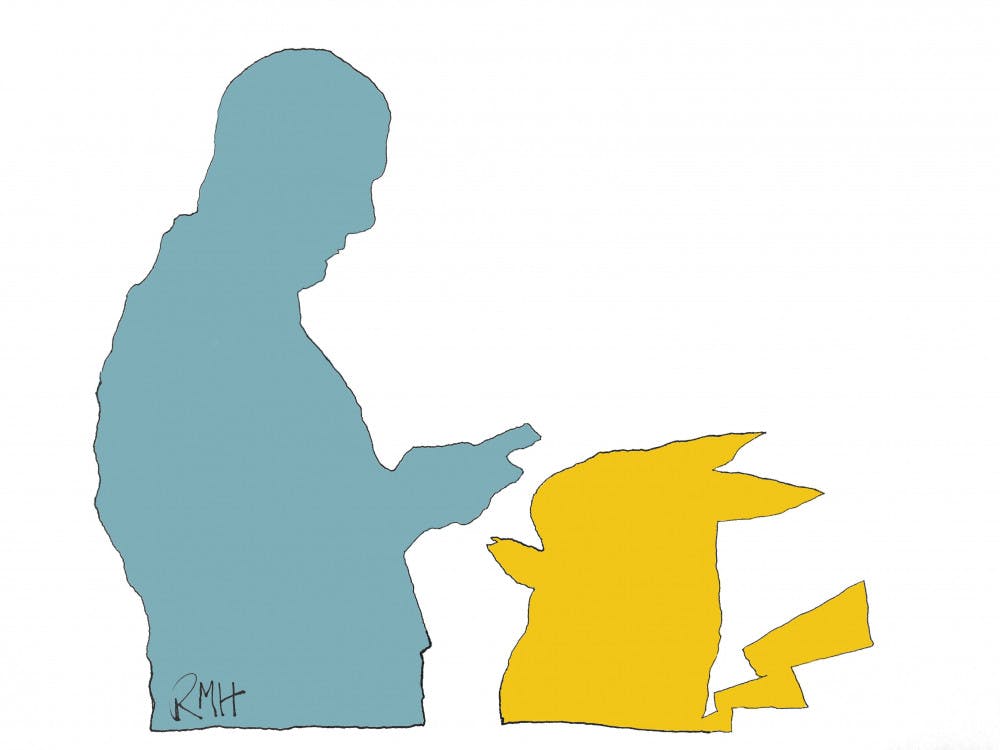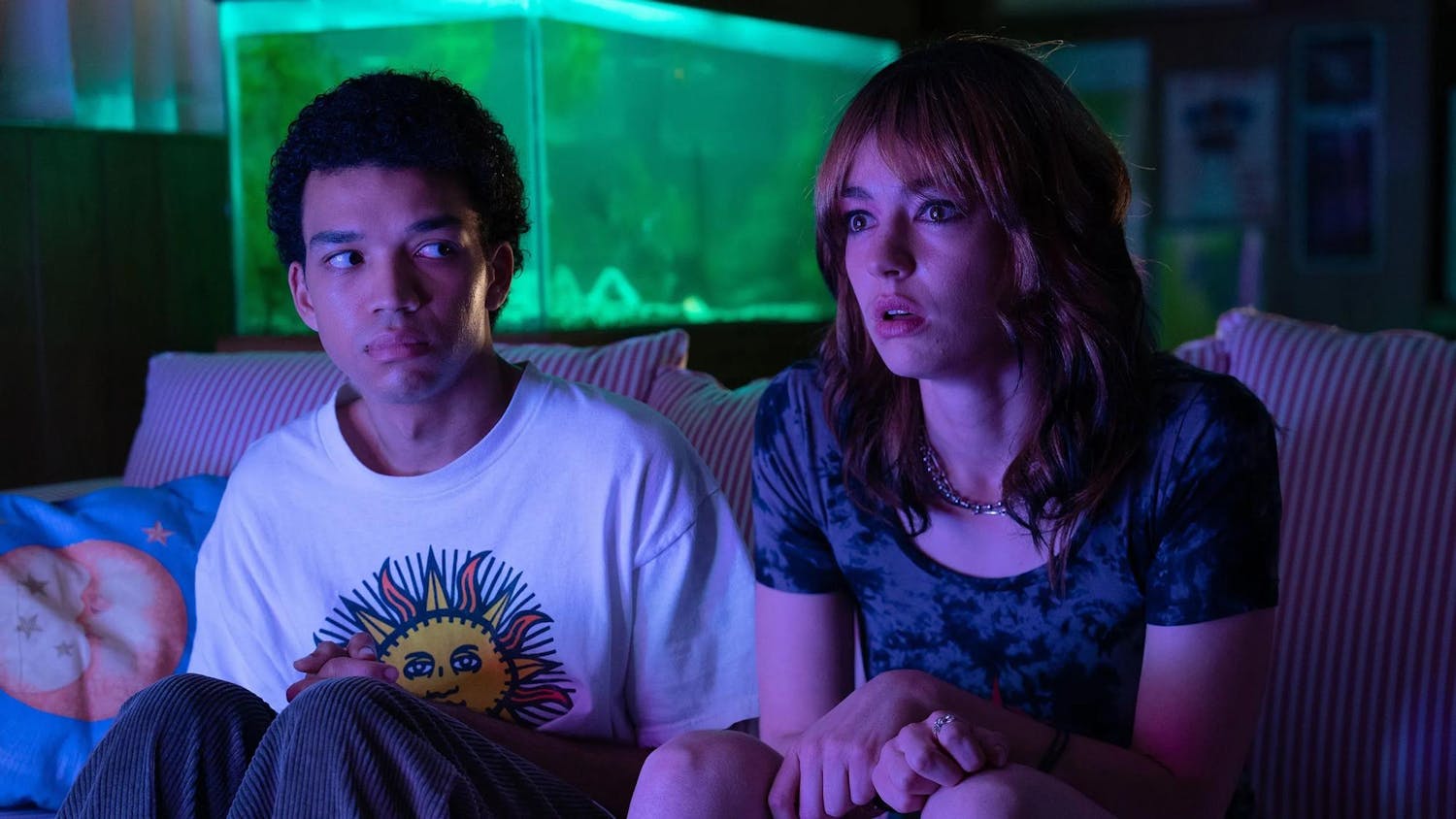This summer, gaming whizzes and augmented reality fanatics flooded parks, museums, monument malls and seemingly random corners of intersections in search of mythical beings like Lapras and Snorlax. The mobile and fictional creature-capture gaming worlds were taken by storm when software development company Niantic, Inc. released the newest addition to the ever-growing Pokémon franchise: Pokémon Go.
As a free mobile app, Pokémon Go became extraordinarily popular immediately following its release, breaking the record for number of downloads within the week following its original release, according to Apple.
“I started playing it because it was a big hype, but then I got into it and got addicted,” said Jack Nee ’17.
“It’s somewhat addictive,” said physical sciences librarian John Kromer. “You’re always trying to get the next Pokémon because you gotta catch them all!”
The game’s interface itself has greatly contributed to its popularity, Kromer said. “I’m pretty much playing all the time now. It’s in the gameplay — you never know when a Pokémon is going to show up near you, and having the application open gets you experience. It’s designed to be constantly played.”
Besides the setup of Pokémon Go itself, the augmented reality game’s widespread appeal partially stems from its nostalgic essence. Reminiscent of the program that dominated Gameboy and DS screens in the past two decades, Pokémon Go has captured the hearts of college students for its sentimental value.
“There’s a weird contrast between wanting to relive childhood excitement and becoming an adult in college completing more serious responsibilities,” said Alex Volpicello ’18. “Pokémon Go helps you relive all of the nostalgia, excitement and feels and gives you a glimpse of how it used to be while you are assuming a more independent role in college.”
As an augmented realtiy game, players must move around to encounter, capture and battle creatures that exist in the virtual reality; thus, Pokémon Go has certain physical health benefits.
“When it first came out, I would go outside just to play (Pokémon Go),” Volpicello said. “It’s a really good way to relive childhood excitement while getting some exercise.”
“Though it’s not the reason why I play, I’m positive that I am walking a lot more, and I’m certainly enjoying it,” Kromer said.
Yet another draw is how the game lends itself to social interaction. “As (a residential peer leader), I use videogames to bring people together — it’s a great way to get to know people on campus,” Volpicello said.
“Sometimes I’m walking and I’ll meet someone new,” Nee added. “I’ve only had positive encounters with other Pokémon Go players.”
Besides such obvious benefits with respect to physical health, some use Pokémon Go as a mental escape from the pressures and stresses of college life.
“It’s a great was to de-stress and separate yourself from all of the other things going on in your life. There’s definitely certain stigmas surrounding gaming as an unhealthy, antisocial or nerdy activity when in actuality it can be just the opposite. Pokémon Go is a social instrument that can help regulate mental and physical health. I know lots of dude bro athletes that play Pokémon!” Volpicello said.





